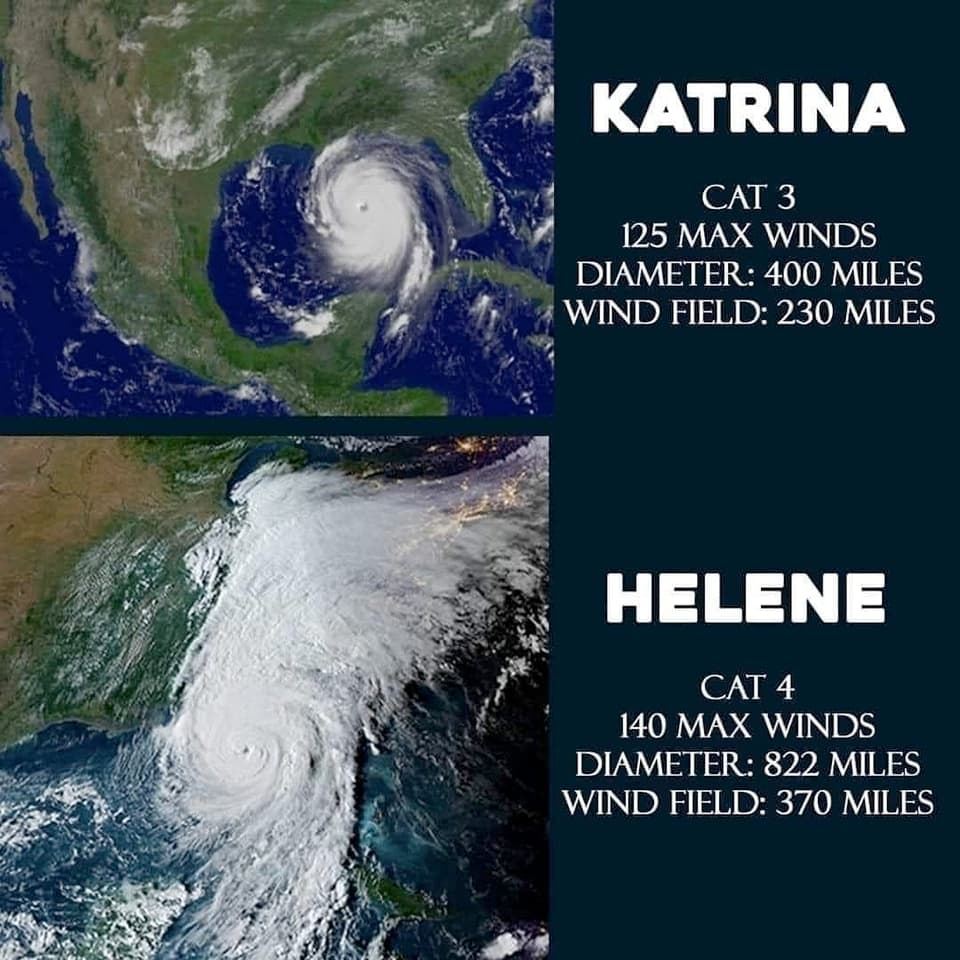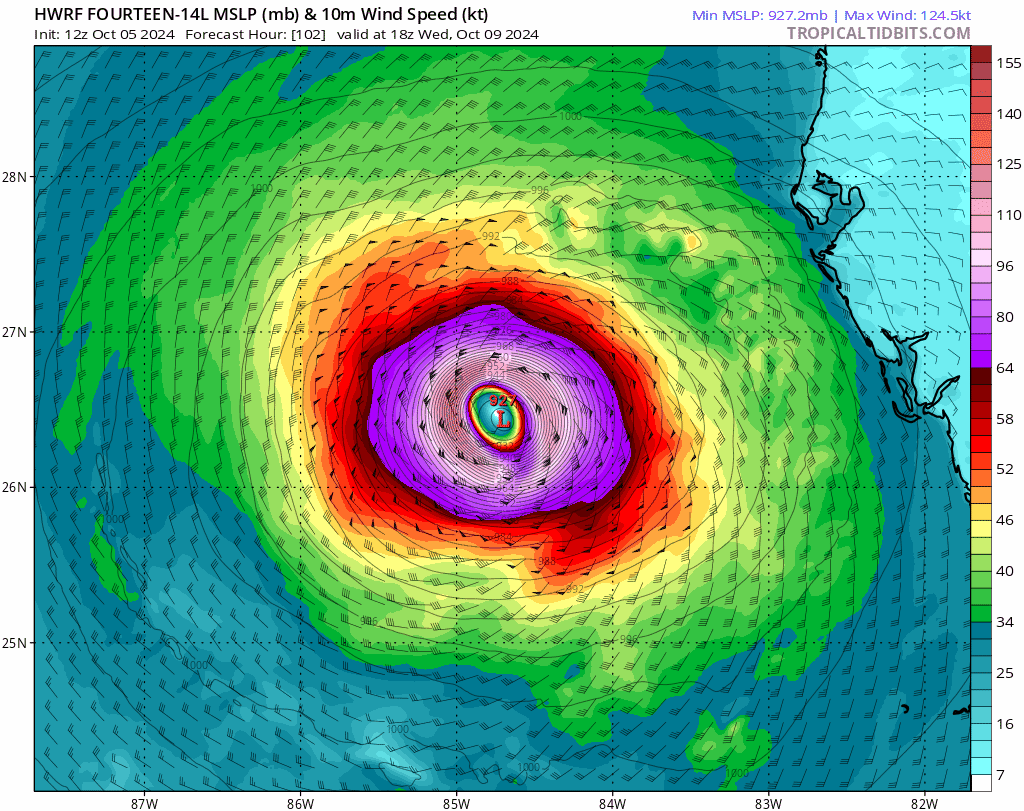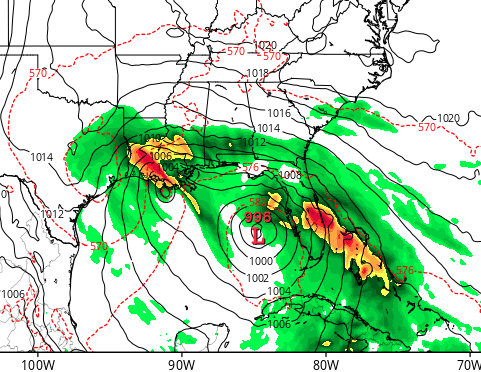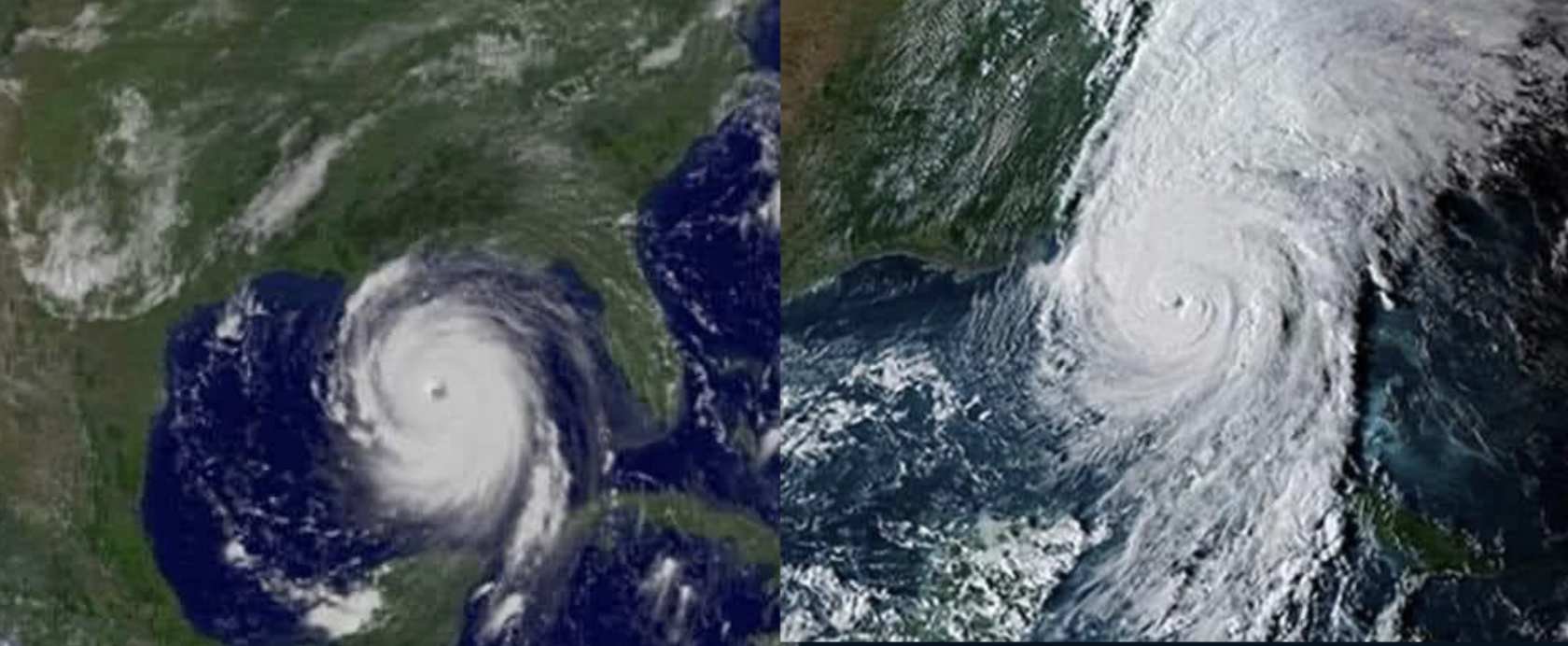As with everything, it also matters where it hits.
Katrina and New Orleans's levees was a big deal. Helene flooding areas many moles from the coast in high altitude areas.
There have been bigger hurricanes that do less damage and likely there will be future weaker ones that do more.




